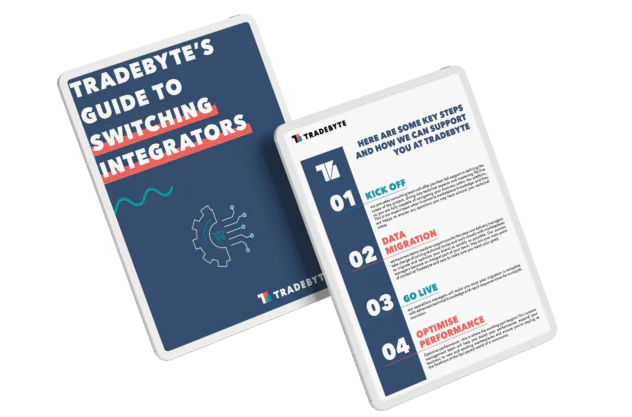The B2B digital commerce landscape is undergoing a major transformation, driven by rising customer expectations, technological advancements, and a shift in power from sellers to buyers. This report, based on a survey of 225 senior B2B leaders across the UK, France, and Germany, explores the trends, challenges, and strategies shaping the future of B2B commerce.
A key finding is that B2B buyers now expect seamless, personalised digital experiences akin to those in B2C. This includes mobile-first design, self-service portals, and tailored pricing and content. As a result, operational efficiency, revenue growth, customer acquisition, and retention have become top strategic priorities. However, integration of ecommerce platforms with core systems like ERP and CRM remains the most pressing challenge and priority, cited by 64% of respondents.
The report identifies a group of “B2B commerce leaders”—companies that have significantly outperformed their peers. These leaders are more focused on growth and customer acquisition, while mainstream companies are still addressing foundational issues like integration and operational efficiency. Leaders are also more likely to use advanced personalisation, AI-powered tools, and generative AI (GenAI) to enhance customer experiences and streamline operations.
Personalisation is a critical differentiator. While 45% of companies use segmented personalisation, only 31% have adopted advanced techniques like individualised product recommendations. Leaders are 2.5 times more likely to use advanced personalisation than mainstream firms. However, challenges persist, particularly in measuring effectiveness, accessing real-time data, and overcoming data silos.
AI and GenAI are playing an increasingly vital role in B2B commerce. Chatbots, AI-powered search and navigation, predictive analytics, and personalised recommendations are widely used. Leaders are significantly ahead in adopting GenAI for creating personalised product images and marketing assets—72% versus 44% of mainstream companies. This capability is crucial for scaling personalisation without overburdening content teams.
AI also delivers substantial time savings. Over 90% of respondents believe AI could save each ecommerce team member at least two hours per week, with more than half estimating savings of five hours or more. This efficiency gain translates into significant productivity improvements across teams.
The report outlines the digital commerce capabilities that define success, including catalogue management, pricing and promotion tools, DAM integration, and storefront customisation. Leaders consistently rate their capabilities as “excellent” at more than twice the rate of mainstream companies. The ability to scale across markets is seen as the most critical capability, reflecting the global ambitions of many B2B firms.
Investment in digital commerce is accelerating. Leaders are more than twice as likely to significantly increase their investment in the next 12 months. However, the report cautions against overly complex implementations and recommends working with vendors that offer composable, API-driven solutions for seamless integration.
In conclusion, the report recommends five strategic priorities: prioritising digital self-service, integrating systems for efficiency, embracing AI and personalisation, focusing on agility and scalability, and balancing investment with smart vendor selection. These steps are essential for B2B companies aiming to thrive in a rapidly evolving digital commerce environment.









